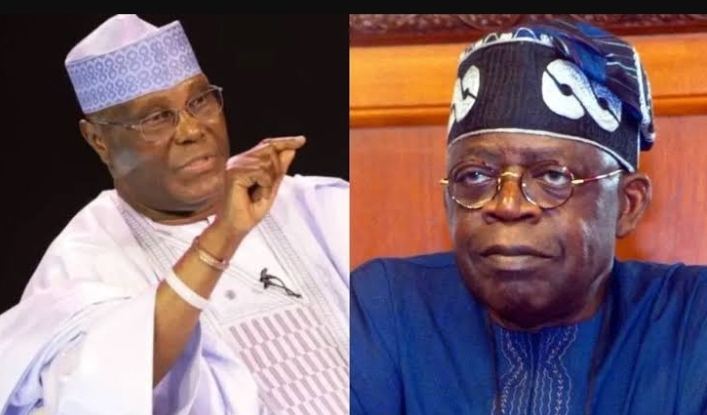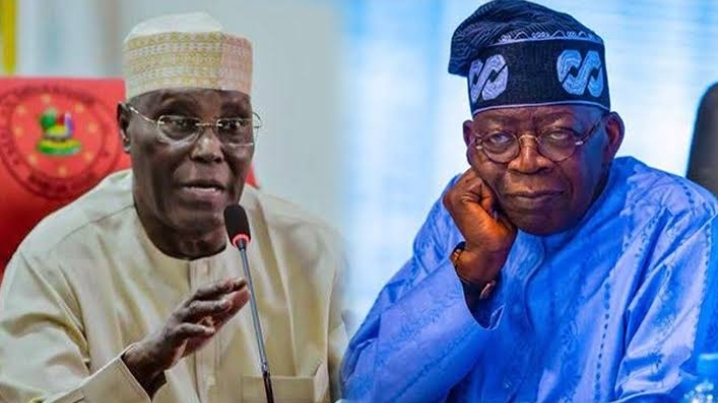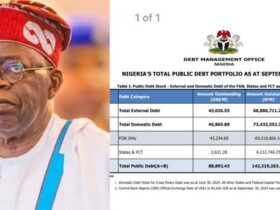
Atiku Abubakar, a former vice president and presidential candidate of the People’s Democratic Party (PDP), has criticized the Bola Tinubu-led administration over the $3.3 billion emergency crude repayment loan secured by the Nigerian National Petroleum Company (NNPC) last year.
In a tweet posted on Thursday, Atiku described the loan deal as a “shady” and “inconceivable” transaction that raises questions about the integrity and transparency of the federal government.
He said the loan deal, which was arranged by the African Export-Import Bank (Afreximbank) and involved a special purpose vehicle (SPV) registered in the Bahamas, was meant to support the naira and stabilize the foreign exchange market.
However, he said the federal government has failed to provide adequate information to the public about the terms and conditions of the loan, which he claimed would cost the country $12 billion in crude oil repayment.
He said the loan deal would require Nigeria to supply 90,000 barrels of its daily production, starting from 2024, to the SPV until it reaches 164.25 million barrels.
He said this would amount to a “humongous differential of about $7b” between the loan amount and the repayment value.He also questioned why the federal government would register an SPV in the Bahamas, a notorious tax haven that was exposed in the Paradise Papers scandal in 2017.
Atiku demanded that the federal government provide answers to the following questions:
1. Has the federal government accessed the loan?
2. Is the loan in the government’s borrowing plan as approved by the National Assembly?
3. Who are the parties to the loan, and what specific roles are they expected to play?
4. What are the conditions to the loan, including tenor, repayment terms, the collateral, and the interest rate?
5. And, lastly, why register an SPV in the Bahamas knowing the recent scandal of the country’s notoriety for warehousing unclean assets?
Atiku’s tweet has sparked a lot of reactions from Nigerians, who expressed their concerns and opinions about the loan deal and the state of the economy under the Tinubu administration.








Leave a Reply